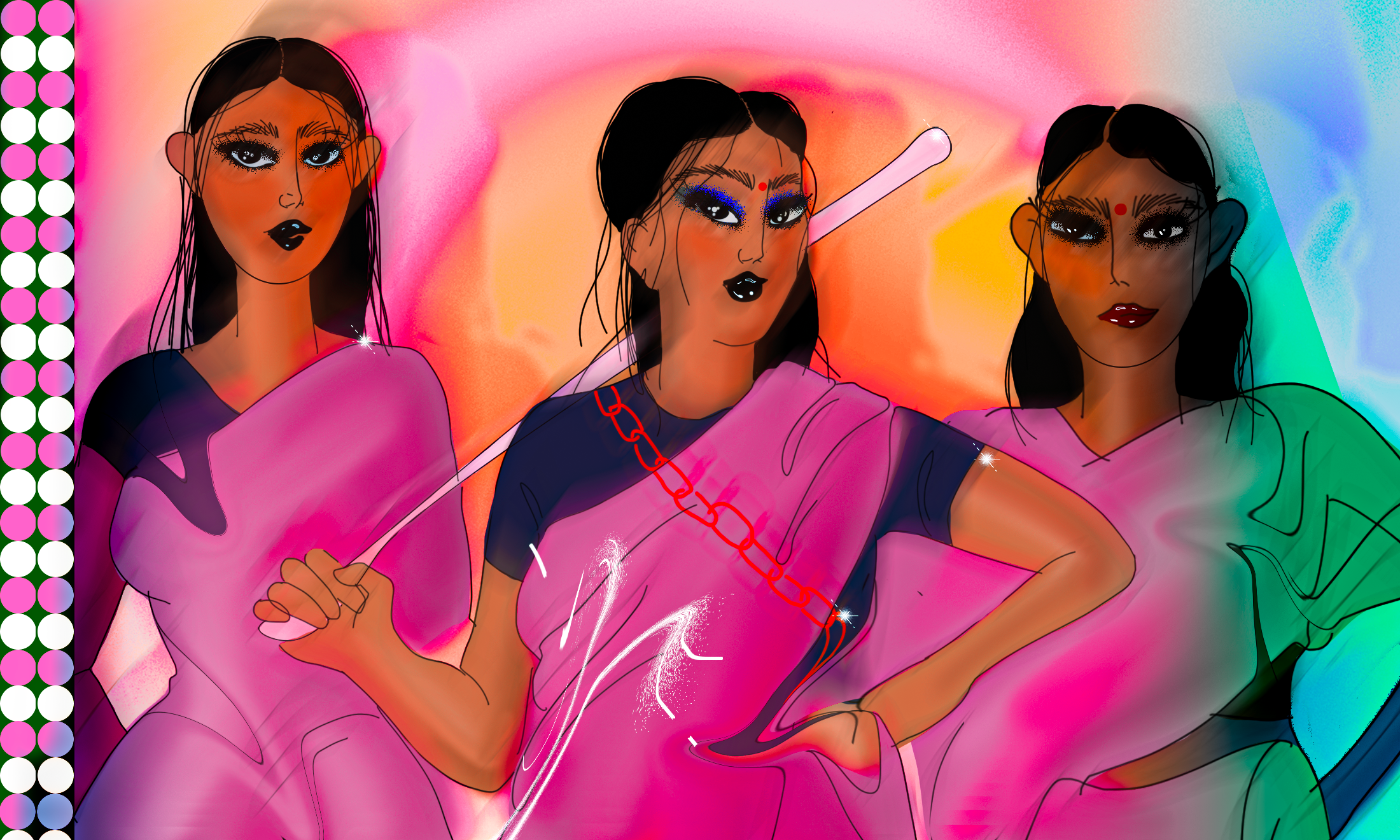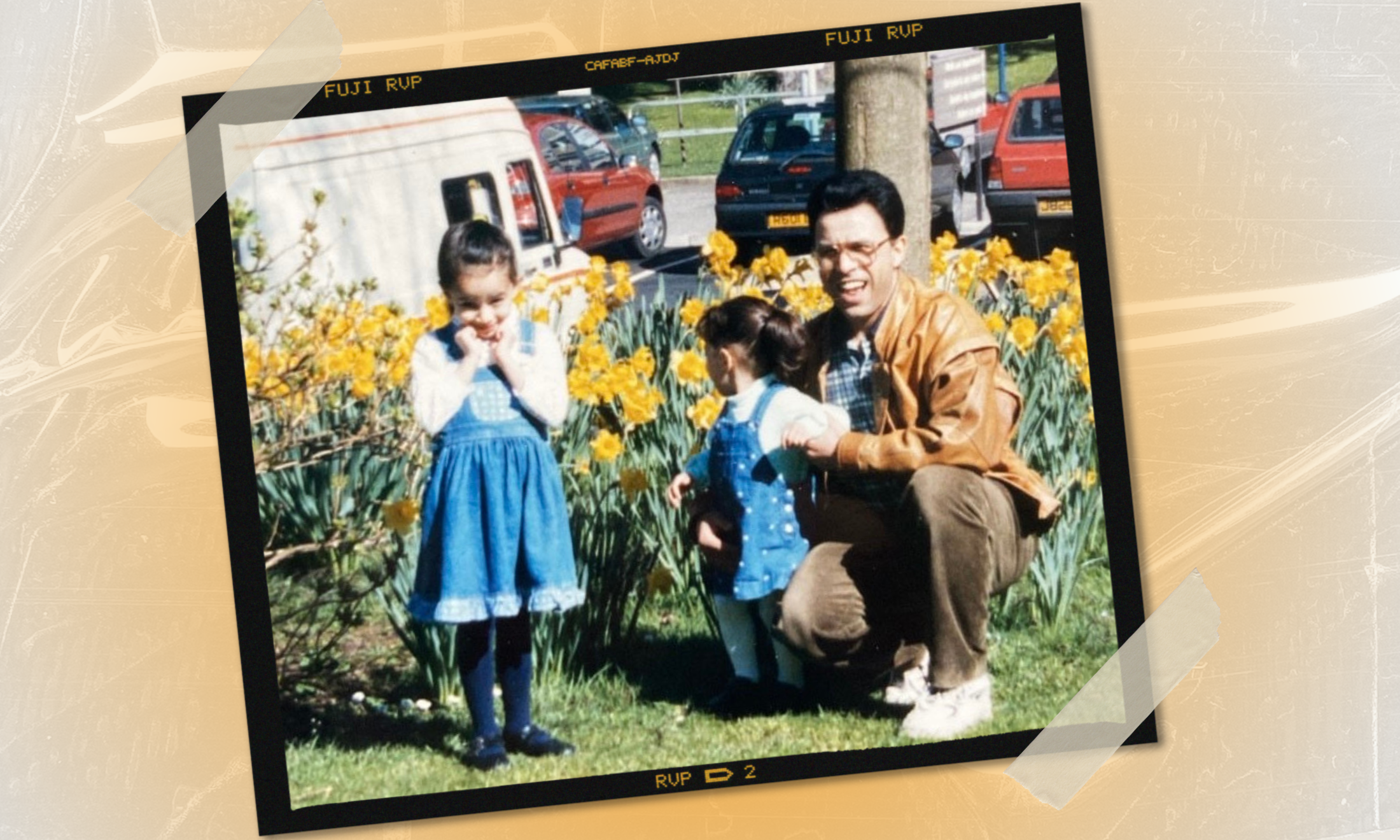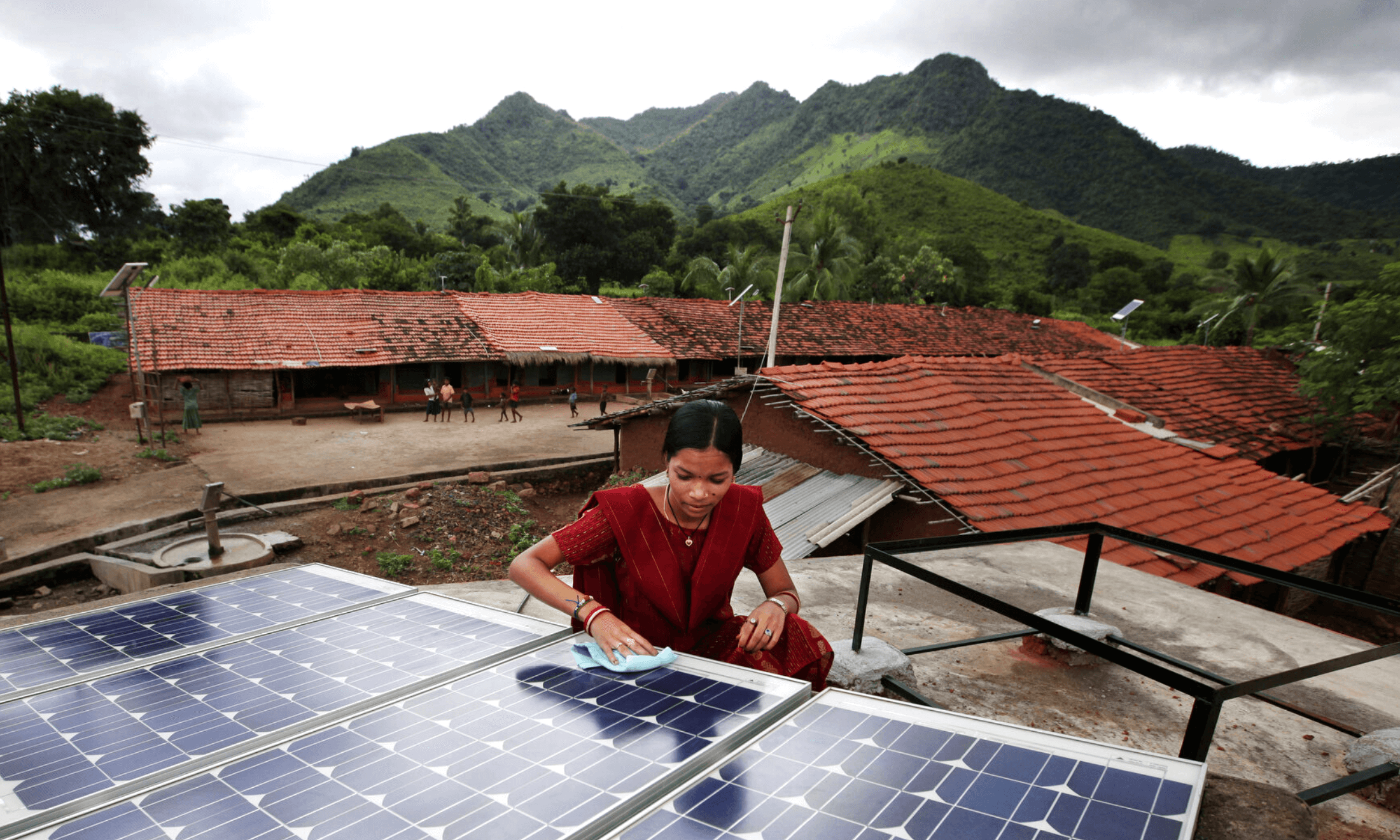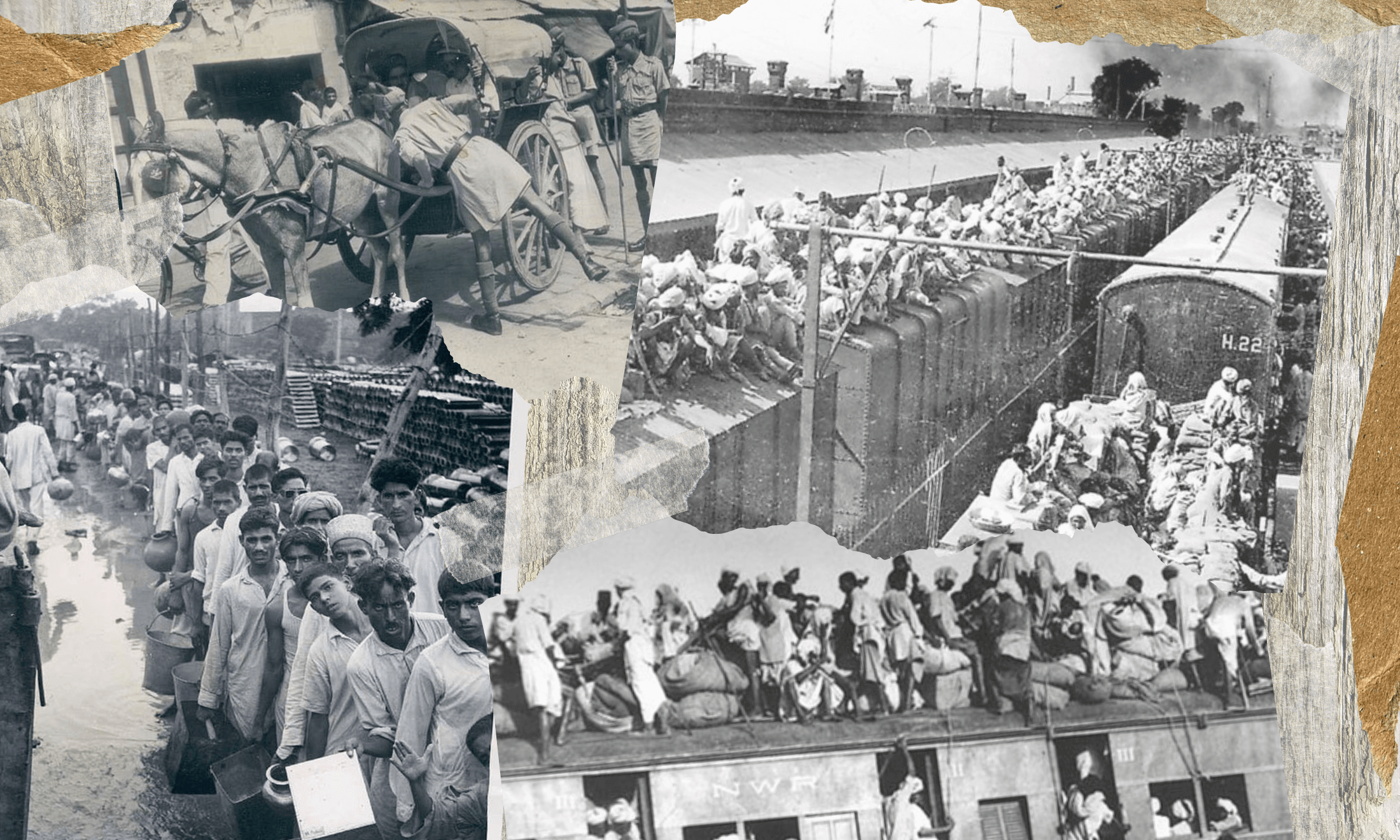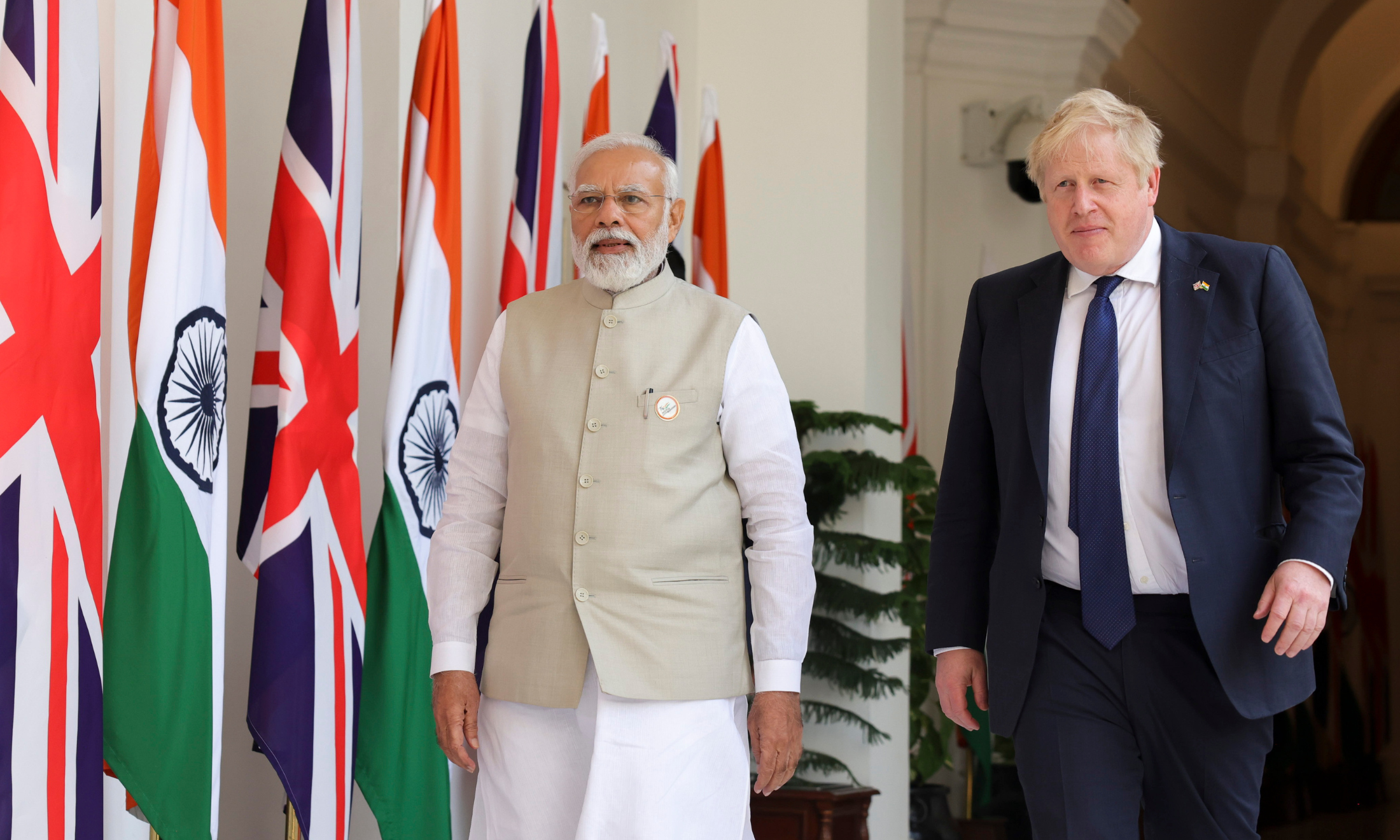
‘Long live the Revolution!’: why the Citizenship Act in India has sparked protests
Aaliyah Patel
24 Dec 2019
Photography by Aaliyah Patel
Last week, a discriminatory new law which sparked protests across the north of India illuminated a disconnect between the country’s current law-making, and its secular Constitution. The fundamental principle of religious non-discrimination is enshrined in the fabric of India’s Constitution, and yet as law student Afzal Patil who attended one of the protests told me with a wry smile, “the Indian constitution is a liberal document in an increasingly conservative country”.
One such huge protest took place in Mumbai last week. I join the march; on the city’s streets, the temperature rises as people from different walks of life march peacefully together, united in their outrage against the controversial Citizenship (Amendment) Act, known as the CAA. Some huddle in groups, others climb onto the metal bus stops to be heard. At around 4pm we proceed along the streets towards the protest assembly point, and the crowd gains momentum as more protestors join along the way. Chants ripple through the crowd: “Inquilab, Zindabad! Long live the Revolution!”.
The calls for revolution come in repsonse to the Upper House of India’s Parliament, the Rajya Sabha pushing through the widely-disputed CAA which has been condemned as Islamophobic. The CAA discriminates against Muslim communities by specifically fast-tracking citizenship for non-Muslims fleeing persecution in Pakistan, Afghanistan and Bangladesh: it is no misconception that Muslims have deliberately been excluded from this Act. If implemented, according to the National Register of Citizens of India, the CAA would enact the mass expulsion of 2 million Muslims who are currently living in India without legal documentation.
The protest in Mumbai against the CAA is different to a lot of the demonstrations I’ve joined in London as a student. The crowd is made up of a mix of students, political parties, journalists, actors, and even families in large numbers; many people from all walks of life will be directly impacted by the CAA. As I look around, I notice that there aren’t many women at the march, but in spite of this low representation in general, I am glad to see many of us at the forefront of the procession. According to Mumbai police, close to 1.5 lakh (million) people assembled for the protest, however, I wake up to the headline the next morning: “Around 20,000 Join Anti-CAA Protest March at August Kranti Maidan, no untoward incident reported: Mumbai Police”. It was evident that the news channels had published incorrect information to suit and further their agenda, downplaying the public outrage against the CAA.
I call up a friend who lives in Calcutta to try and get a sense of how the CAA is affecting people without documentation. She sounds disheartened, telling me about her friend’s grandmother who doesn’t have the documents urgently needed to secure her residence. Because of her current status, she has already received a warning letter from the government, and could be facing deportation.
Prime Minister Narendra Modi has failed miserably to acknowledge the deeply distressing impact of CAA. On December 16, he tweeted, “I want to unequivocally assure my fellow Indians that CAA does not affect any citizen of India of any religion. No Indian has anything to worry regarding this Act.” He also tweeted on the same day, “this Act illustrates India’s centuries old culture of acceptance, harmony, compassion and brotherhood.” Modi’s recent tweets have received a lot of pushback on the platform from many who feel that the Prime Minister’s empty platitudes are nothing more than a smokescreen for the urgent issue unfolding.
My siblings (Yusuf, Akib, and Affana) and I meet with We the People Mumbai, a group of students and advocates that are resisting the CAA and NRC, after their first protest. “We started this protest 72 hours ago with only five to six people, and since then we have [grown]… a lot,” says advocate and organiser, Inam Shaikh.
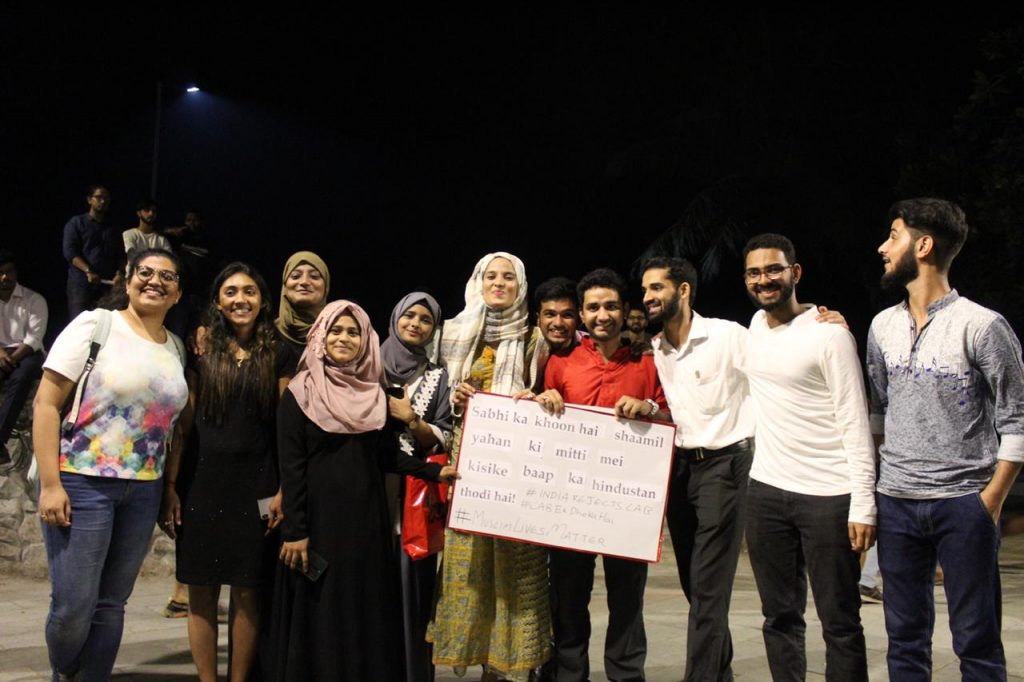
Lawyers who are members of the group do not want to be named or photographed out of the fear that their license to practise will be revoked. An anonymous advocate comments on the potential lack of impartiality in passing the CAA, remarking that “The Chief Justice, [who heads the Supreme Court of India], has direct connections to the RSS [the Rashtriya Swayamsevak Sangh, a right-wing, Hindu nationalistic organisation]. This is going to be the beginning of a genocide”. The Rashtriya Swayamsevak Sangh is widely regarded as the parent organisation of the ruling party of India, and the world’s largest political party, the Bharatiya Janata Party (BJP).
In spite of this, the advocate adds, “the students of Jamia are a symbol of resistance to us. They keep us going.” The students of Jamia Millia Islamia are leading a powerful movement in response to being collectively fired on with 450 shells of tear gas, and reportedly also experiencing police brutality on campus. Students Sadiya Shaikh and Owais Jahagirdar also told me, “It is our responsibility to condemn these laws. History is not just for mugging [up], it is for comparative study. It is our duty to react”.
Third year law student, Afzal Patil, explained, “this Act is unconstitutional. It violates Article 14 and Article 15 of the Indian Constitution”. Mohamed also told me that it is notable that the chain of protests had been sparked in Assam specifically. There are lots of reasons for outrage in the state which sits at India’s North Eastern border, but a feared suppression of Assamese culture – a concern potentially rooted in British colonial oppression in the region, which among other violences sought to wipe out the Assamese language in the 19thC – is referenced.
As I return home from the protest, I carry with me the knowledge that there is always power with the people. The protests against CAA are the beginning of our revolution and the next court hearing – January 22, 2020 – is the next step on this journey. As we continue to fight back against government-led Islamophobia and discrimination, I remind myself of a message that many protestors had written on placards, which encapsulates the ethos of protests across the nation: “the power of the people is stronger than the people in power.”

